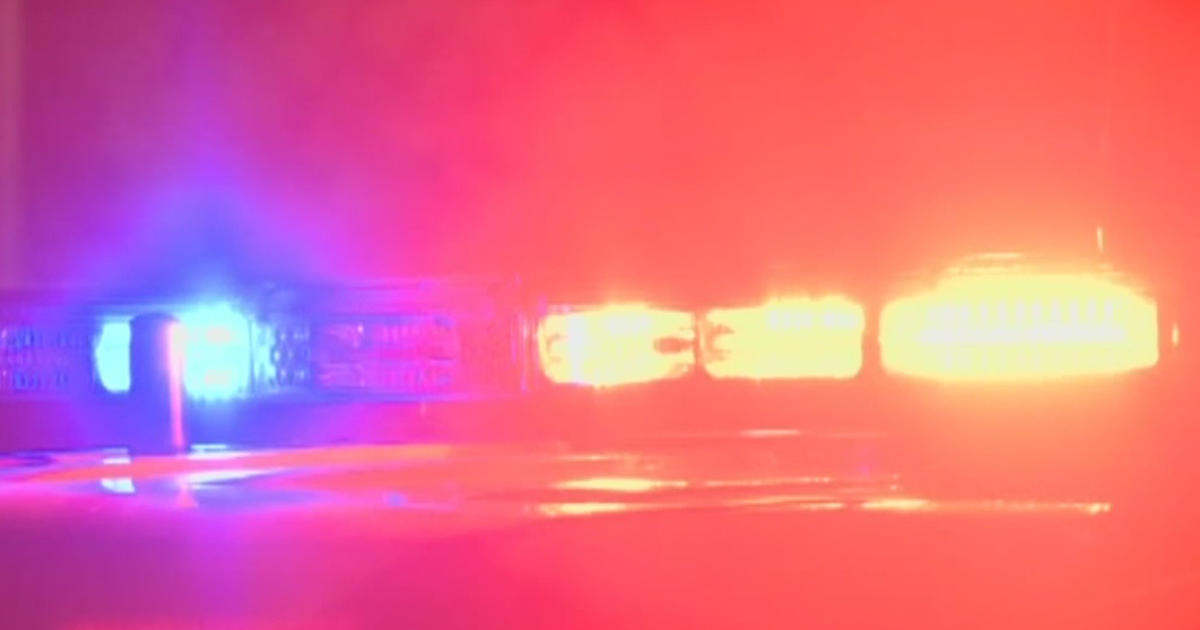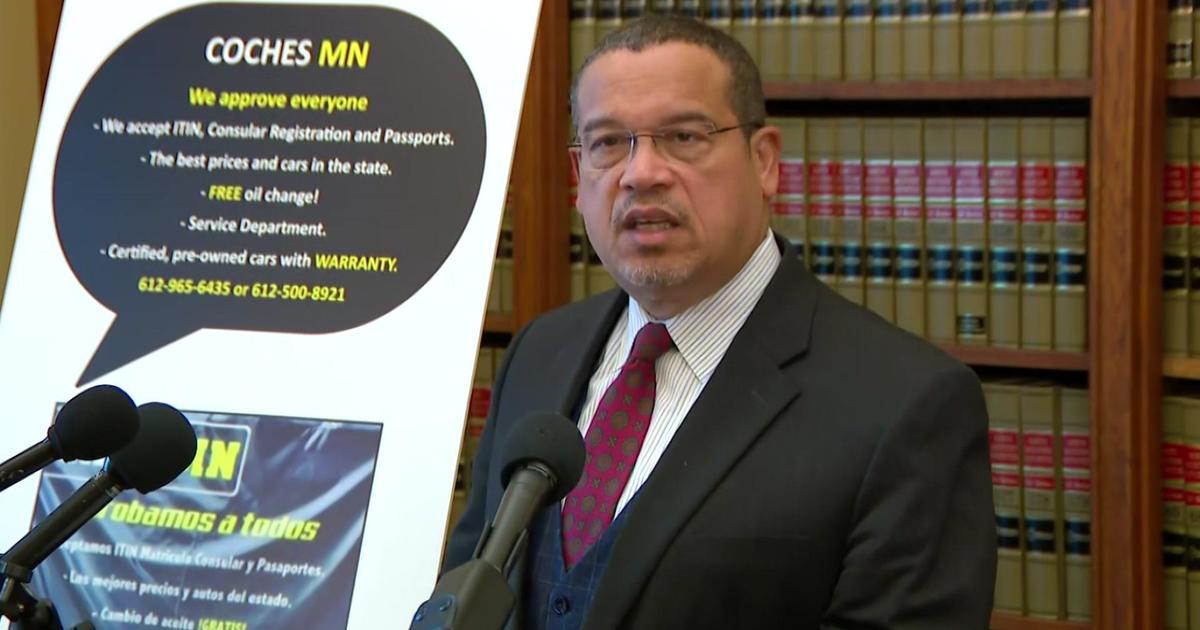Best Buy's Dunn Departure Sparks Speculation
NEW YORK (AP) — Innocent until proven guilty? Maybe not if the defendant is a CEO and the jury is a company's board of directors.
Best Buy's CEO Brian Dunn resigned this week after the retailer's board launched an investigation into his "personal conduct." The 28-year Best Buy veteran joins a list of big-name CEOs who stepped down or were fired after getting into trouble for their actions outside of the corner office. The alleged offenses — and the punishments — have varied widely from lying to cheating.
Some wound up leaving their companies with a golden parachute. Mark Hurd, former CEO of Hewlett-Packard Co., for instance, resigned and received a severance package worth $30 million after an internal investigation by the company uncovered some expense-account irregularities.
Others, like business magnate Martha Stewart, suffered more severe consequences. Stewart was forced to resign from her namesake media empire and spent five months in a West Virginia jail after being convicted of lying to federal prosecutors about an illegal sale she made of another company's shares.
Best Buy has not given details about the circumstances surrounding the probe of Dunn, who worked his way up from a sales clerk to become CEO in 2009. But Ron Hutcheson, a spokesman for the nation's largest consumer electronics retailer's board, said the "findings will be made public and appropriate action will be taken if warranted."
Here are examples of other CEOs who found themselves in trouble — and what happened to them:
MARK HURD, FORMER CEO OF HEWLETT PACKARD CO.
WHAT HAPPENED: In late June 2010, prominent lawyer Gloria Allred, on behalf of former marketing contractor Jodie Fisher, sent a letter accusing Hurd and the company of sexual harassment. An investigation ensued, but the company found no merit to her claims.
Through the course of the investigation, though, HP said it discovered that Hurd had falsified some reports to disguise some expenses he incurred that ranged in price from $1,000 to $20,000 each for meals, and travel with Fisher.
THE RESULT: Both Hurd and Fisher said that the relationship was not sexual. Hurd also insisted that the expenses he made were for legitimate business purposes and offered to pay for expenses that were incorrectly filed. Still, Hurd resigned in August 2010, a few weeks after the probe began and settled with Fisher for an undisclosed sum.
Hurd received about $30 million from HP on his way out the door. Less than a month later, he joined HP rival Oracle Inc. as co-president.
RANDY MICHAELS, FORMER TRIBUNE CO. CEO:
WHAT HAPPENED: The Tribune Co., which owns The Chicago Tribune, LA Times and other papers, started a probe of Michaels' conduct in 2010 after an unflattering portrait of his management style appeared in The New York Times. The story likened Michaels to a ringleader of a college fraternity house and asserted that Michaels helped cultivate a culture filled with profanity, poker parties and other bawdy behavior.
Then, one of Michaels' top executives e-mailed an internal memo to employees with an Internet link featuring a racy video that included a bare-chested woman pouring booze down her chest.
THE RESULT: Michaels resigned two weeks after the article ran. Lee Abrams, the executive who send the racy memo, also resigned.
Michaels demanded to be paid a $900,000 bonus when he left because he argued that his resignation was tantamount to being fired because he was pressured to step down. Thirteen months after his departure, the company agreed to pay the former CEO up to $725,000 to settle the dispute.
Michaels helped launch media company Merlin Media LLC last June.
MARTHA STEWART, FORMER CEO AND CHAIRMAN OF MARTHA STEWART LIVING OMNIMEDIA
WHAT HAPPENED: The government launched an investigation into lifestyle and home guru Martha Stewart's sale of shares in biopharmaceutical company, ImClone Systems Inc. in 2001 on the day before the Food and Drug Administration announced it declined to review an ImClone application for a cancer drug. By selling nearly 4,000 ImClone shares, she avoided a loss of more than $45,000, the government said.
THE RESULT: Stewart was indicted by the government on nine counts, including charges that she lied to prosecutors about her well-timed sale. The day after, Stewart stepped down as CEO and chairwoman of her company, Martha Steward Living Omnimedia Inc., but remained chief creative officer.
Steward ultimately was found guilty of obstructing justice and lying to the government about why she unloaded ImClone stock. She was sentenced in 2004 to serve five months in jail.
In 2006, the Securities Exchange Commission agreed to settle a related civil case against Stewart. Under the agreement, Stewart agreed to pay about $58,000 as well as a civil penalty of about three times the loss she avoided, or about $137,000. She also agreed to a five-year ban from serving on the board or as an officer of a public company
Since Stewart's release from prison, the home diva has made a big comeback and returned to her daytime "Martha Stewart Show." She rejoined the company's board of directors in 2011.
(© Copyright 2012 The Associated Press. All Rights Reserved. This material may not be published, broadcast, rewritten or redistributed.)



